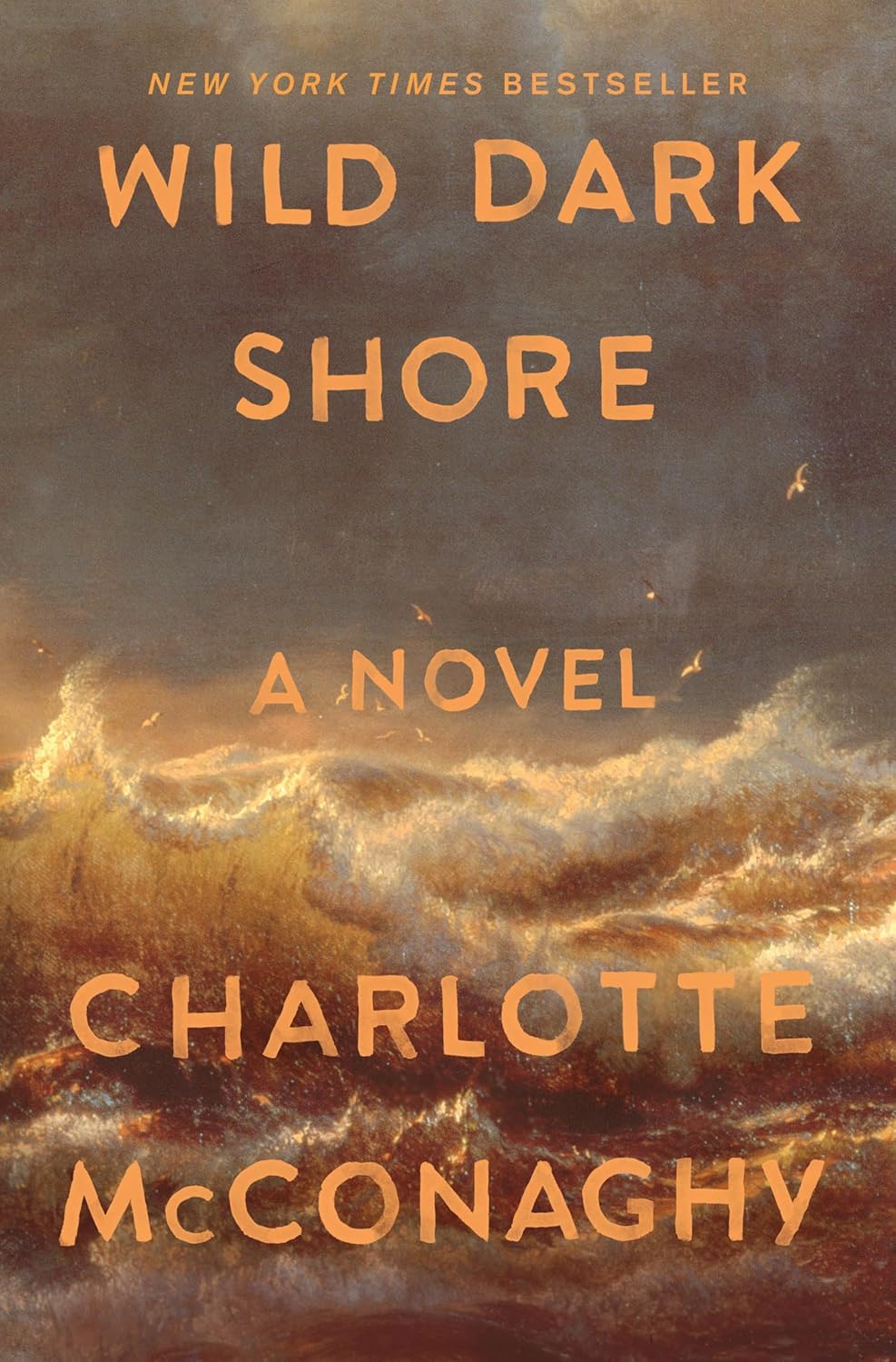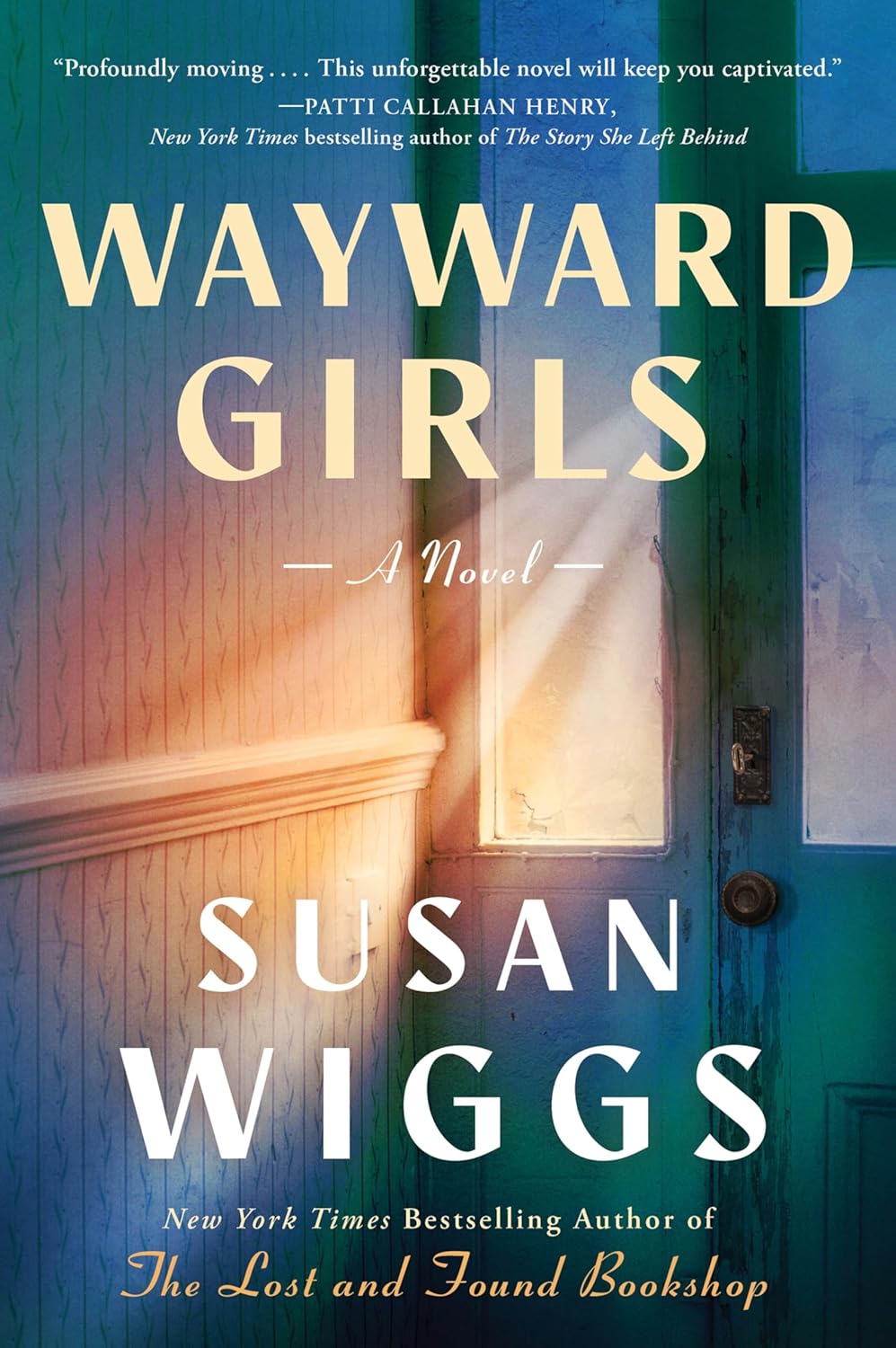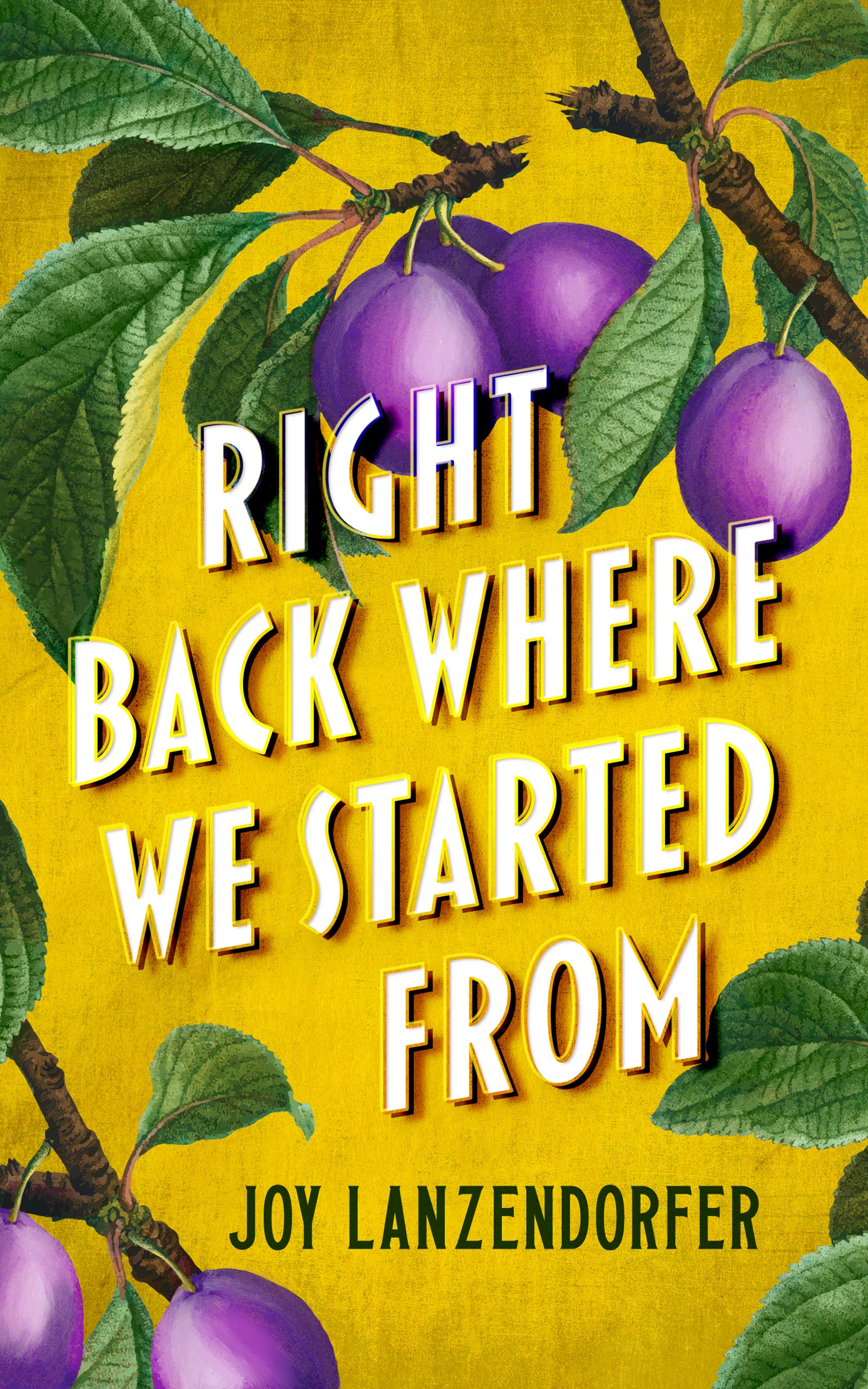Wild Dark Shore: A Novel
- By Charlotte McConaghy
- Flatiron Books
- 320 pp.
- Reviewed by Patricia S. Gormley
- April 17, 2025
Climate change and creeping dread torment a family on a remote Antarctic island.

Family grief, climate anxiety, and more than a touch of the haunted make up the key elements in Charlotte McConaghy’s excellent and sharp new gothic thriller, Wild Dark Shore.
Widower Dominic Salt has lived off the coast of Antarctica on the remote island of Shearwater with his three children — Raff, Fen, and Orly — for eight years, serving as caretaker for a small climate/wildlife research station and an old lighthouse. Shearwater also houses the United Nations’ Shearwater Global Seed Vault, “meant to outlast humanity…in the event that people should one day need to regrow from scratch the food supply that sustains us.”
The Salts are the only remaining residents of the island and are directed to close up the lighthouse and be collected in a few short weeks. However, their communication radio breaks, and their rations dwindle. One night during a violent storm, 16-year-old Fen drags an injured woman named Rowan ashore, and the Salts begin to nurse her back to health. As Rowan recovers, she gradually explores the island and finds the research base starting to flood with seawater. The Vault will not be far behind.
Rowan’s presence strains Dominic’s fraying control over his kids and himself. He’s tried to create a home at the literal ends of the earth — Shearwater is based on the real-life island of Macquarie, halfway between New Zealand and Antarctica — even as he regularly sees and speaks with the ghost of his dead wife, Claire.
Meanwhile, Fen is running from something so frightening that she feels safer sleeping on the beach in a boat shed among the giant sea lions. Nine-year-old Orly is obsessed with botany and demands the family rescue all the seeds as the Vault begins to flood. And Raff, 17, is wrestling with such deep grief that he pummels a punching bag until his hands bleed. Even a family of four living in utter isolation has its secrets, and Rowan’s sudden appearance only brings more of them.
Wild Dark Shore contains many of the hallmarks of classic gothic literature: gloom and decay, dreams and omens, death, seclusion, psychological distress, and nature as a force. But McConaghy reinvents these elements, placing them within the framework of contemporary concerns about climate catastrophe and the lingering effects of loss.
The island itself is a dark presence; in the early 1800s, oilers slaughtered Shearwater’s entire seal population and most of its penguins. Fen feels the land’s anger as she passes by the aged, rusting cauldrons once used to extract blubber. Rowan observes that the island “shrieks” and that it is “terribly haunted.” And Orly says the “winds carry ghosts upon them.” Comments Dom on the heaviness:
“[We] all feel it here. The blood spilled. Don’t you think there should be a price to pay?”
Shearwater clearly does.
The author’s command of language is outstanding as she shifts points of view among five main characters, giving each a distinct voice. Orly, for example, sounds clinical and mature when explaining the role of plants in a global ecosystem, but when talking to his family, his voice is that of a precocious child. And Dom speaks with Claire’s ghost in short, staccato sentences, as if it’s too painful to do more, but his language softens when he thinks about her. “And so I stop thinking and give myself over to her, to the memory of her…but it is so much more than that, a possession, almost…overcoming me.”
There are moments of true horror and helplessness here, but also pressing, non-supernatural terror. The very real danger bearing down on the island creates urgency and anxiety, forcing the characters to confront their traumas in order to survive. There will be tragedy for the family but also a new sense of purpose that feels very much like hope.
And there’s even a madwoman in the attic.
Patricia S. Gormley recently lives in Northern Virginia with her librarian husband and four small, mysterious beings who profess to be cats but who behave like permanently disgruntled toddlers with no verbal skills.

